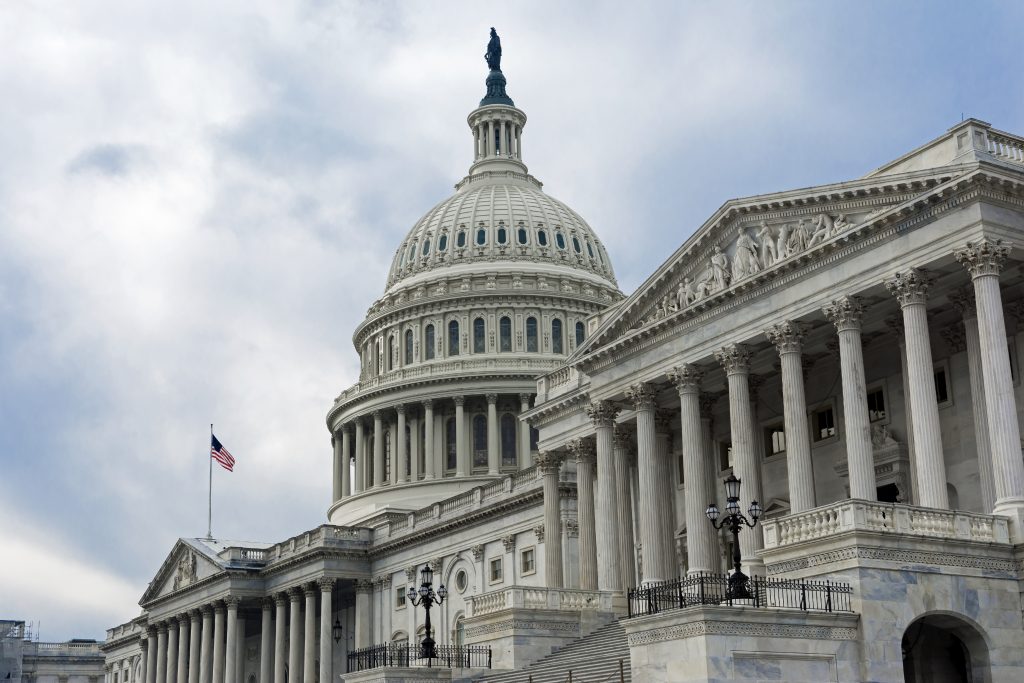Hearing scheduled to bring attention to the CCCA bill.
Senator Dick Durbin (D-IL) is apparently making an effort to revive the stalled Credit Card Competition Act (CCCA) which has been languishing since he introduced the bill two years ago with co-sponsor Senator Roger Marshall (R-KS).

On November 19th , the Senate Judiciary Committee held a hearing “Breaking the Visa-Mastercard Duopoly: Bringing Competition and Lower Fees to the Credit Card System”, which was announced by Durbin only a week earlier. The move was perceived as an attempt to raise the profile of the bill before he loses his position as chairman of the Judiciary Committee when the GOP takes control of the Senate in January 2025.
Five individuals testified: the senior advisor to the CEO of Visa, Mastercard’s President of the Americas, a Notre Dame Law Professor, the owner of a small bookstore, and the general counsel for the National Association of Convenience Stores. Notably, the hearing did not include any banking or credit union representatives − groups that assert they will be hurt by the bill.
A number of Judiciary Committee members expressed concerns about credit card fees, but the bill is not expected to pass this year.
The CCCA seeks to drive down merchant fees by increasing competition among US credit card networks, weakening Visa’s and Mastercard’s market dominance. It directs the Federal Reserve to issue regulations covering issuing banks with over $100 billion in assets. Under the proposed regulations, these banks will not be allowed to restrict the number of networks on which an electronic credit transaction may be processed to fewer than two unaffiliated networks (at least one of which cannot be one of the two largest networks). Merchants will have the right to choose the network through which their payments are processed.
Opponents of the bill assert that it will impose new costs on consumers and community banks, pose security risks, and end credit card rewards programs. One of their key arguments is that retailers will not pass the proceeds of any fee reduction on to consumers. As evidence, they point to a 2014 study by the Federal Reserve Bank of Richmond which found that in response to the 2011 Durbin Amendment that capped interchange fees on debit cards, only 2% of merchants lowered their prices while 23% increased them.
For more information on the hearing see the PYMNTS article: Visa, Mastercard Warn of ‘Unintended Consequences’ From CCCA at Senate Hearing
If your business is looking to better manage your merchant account or reduce fees, we’re here to help. We fix and monitor your existing merchant account, and we bring that money back to you. No need to change processors or add a project to your team’s already hectic workload. Schedule a consultation today.
Verisave is a third-party cost-reduction firm specializing in merchant accounts and credit card processing fees.
Verisave is not a payment processor, and is not affiliated with any processors, card brands, or banks.
Verisave has more than 20 years of experience optimizing and monitoring the credit card processing industry.
